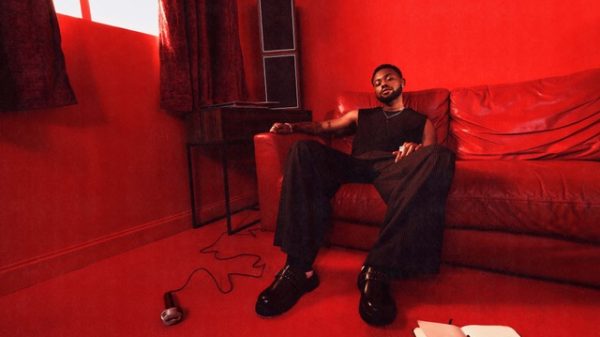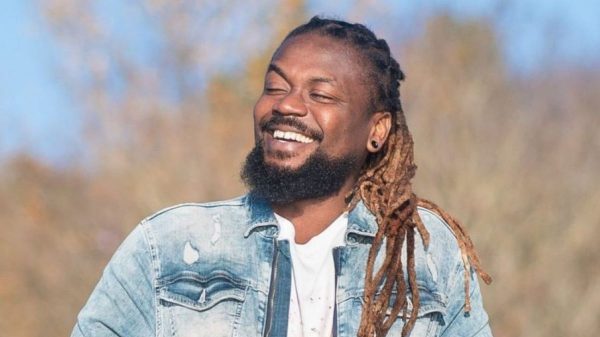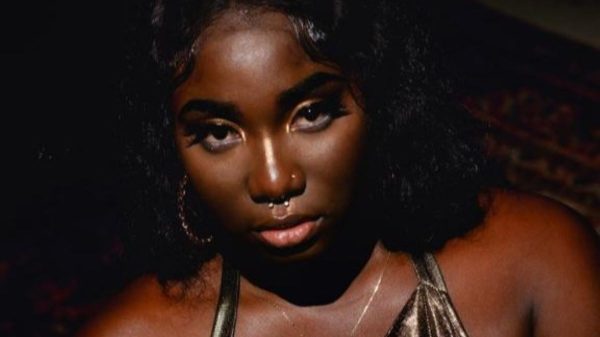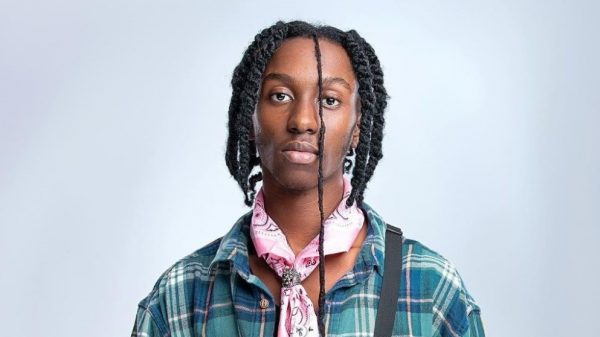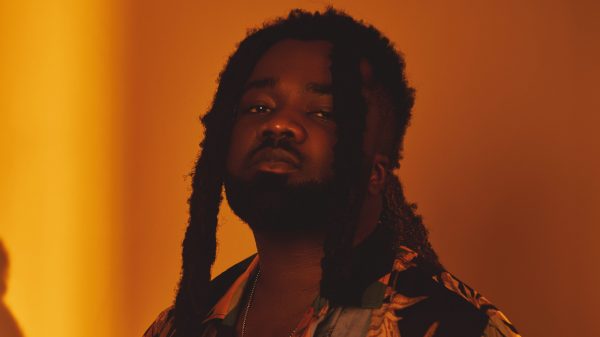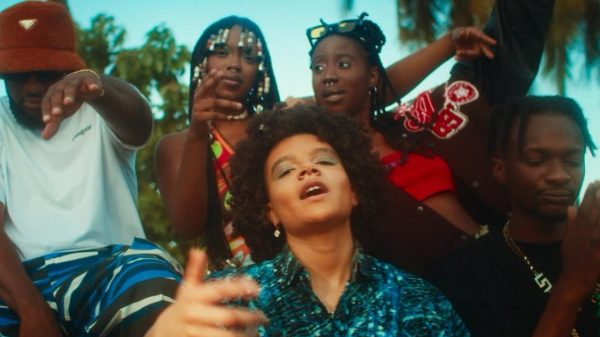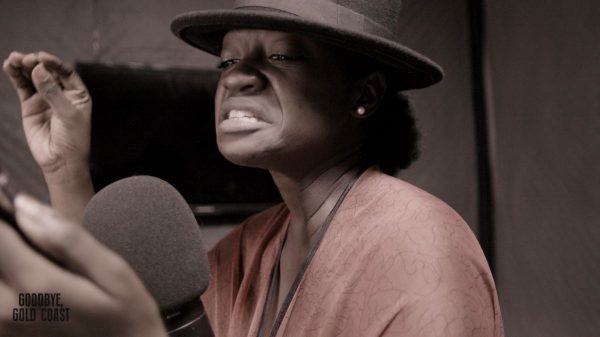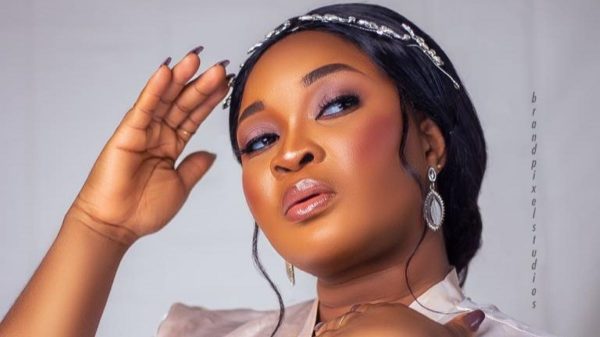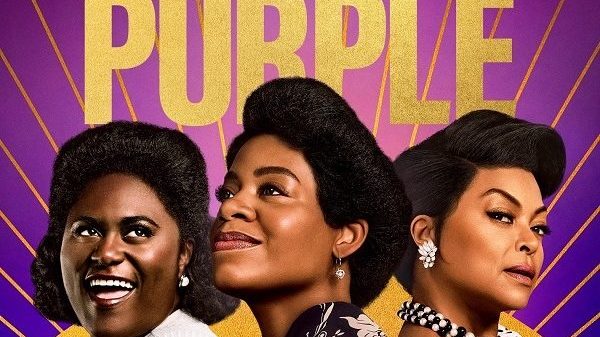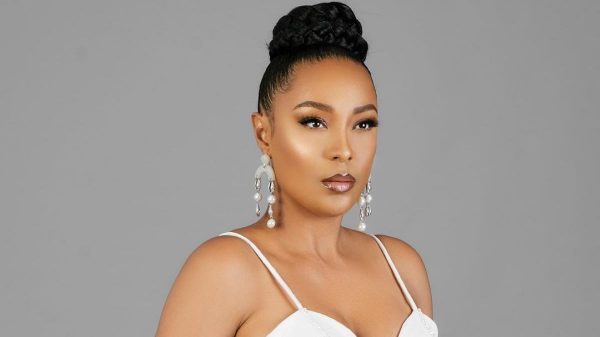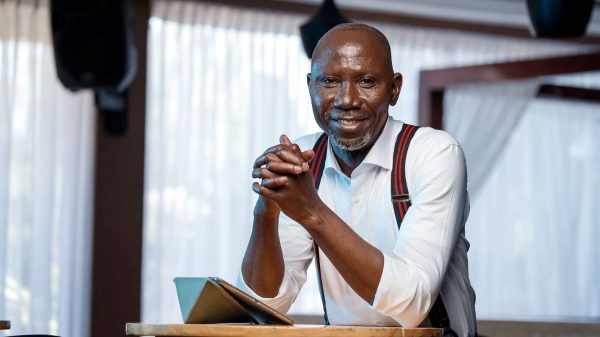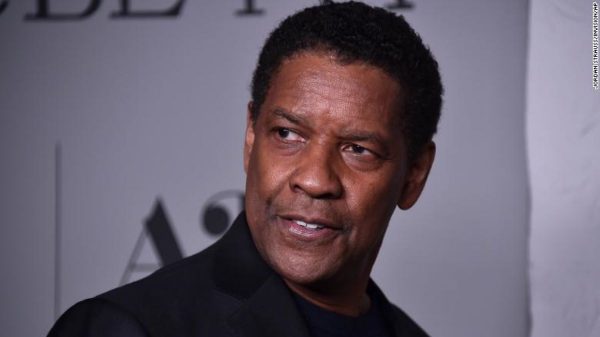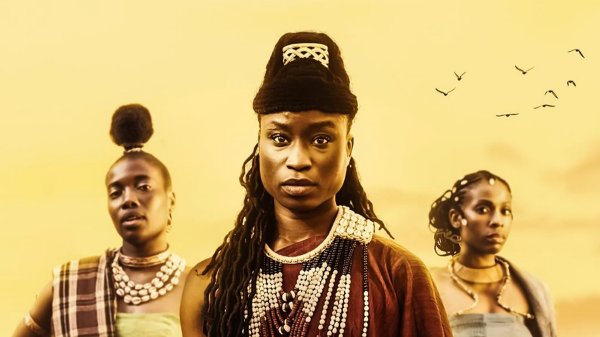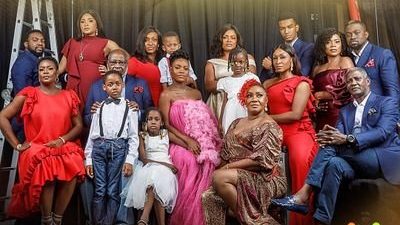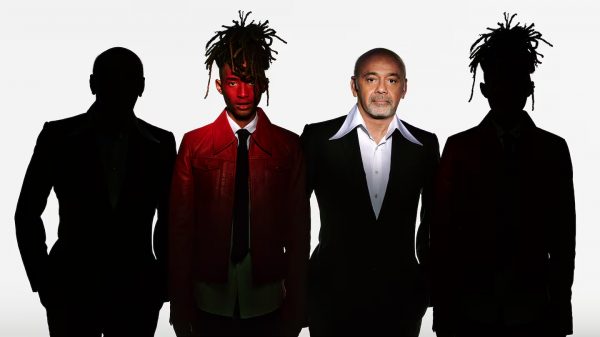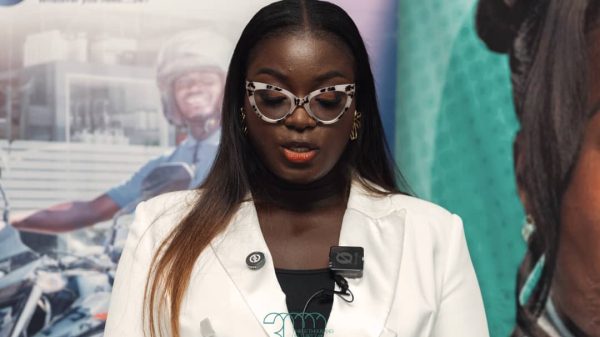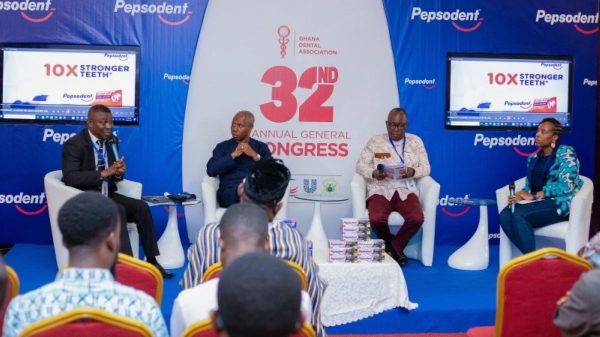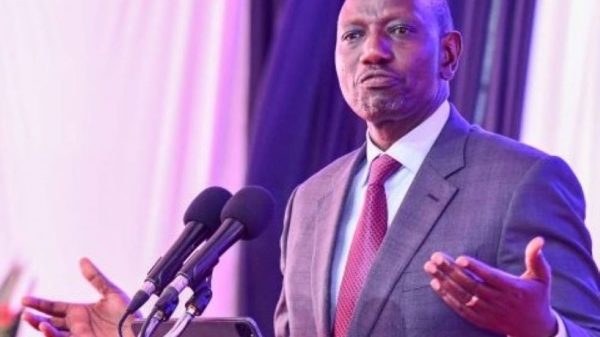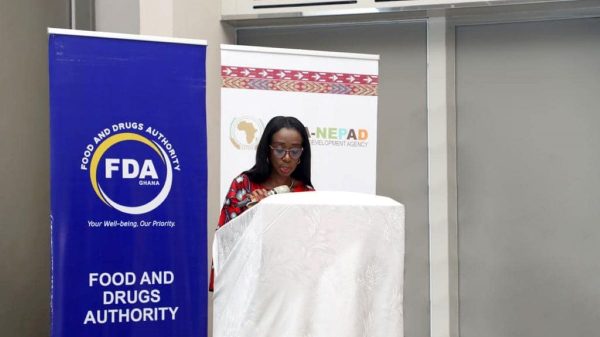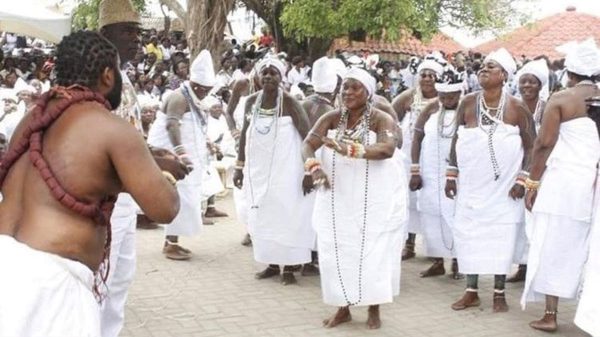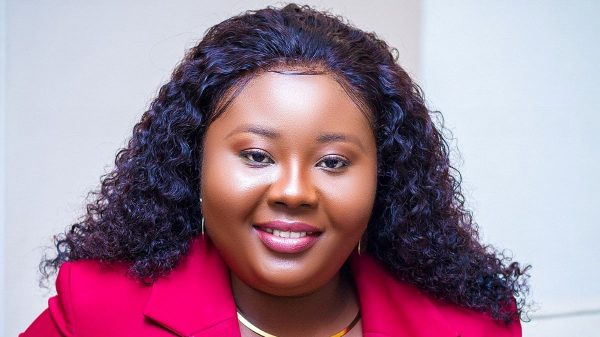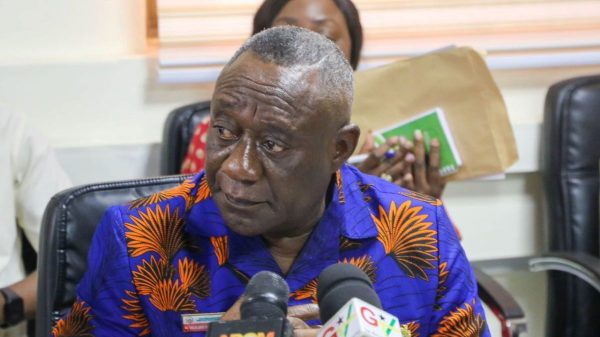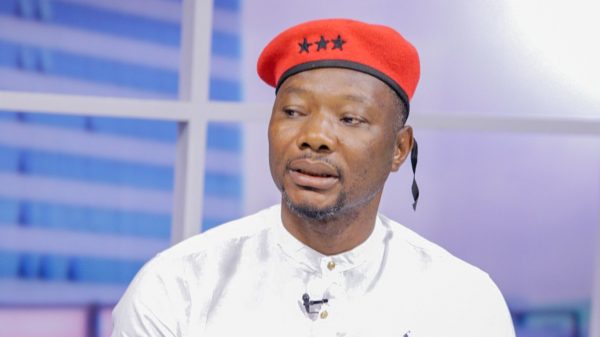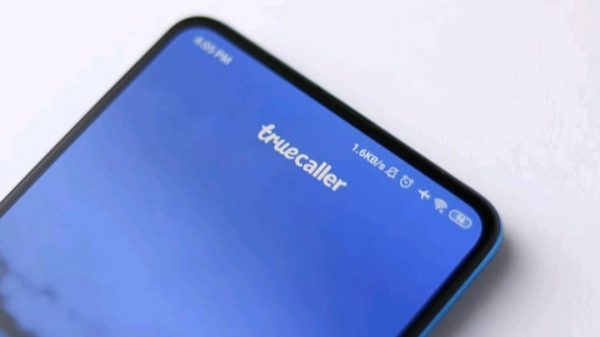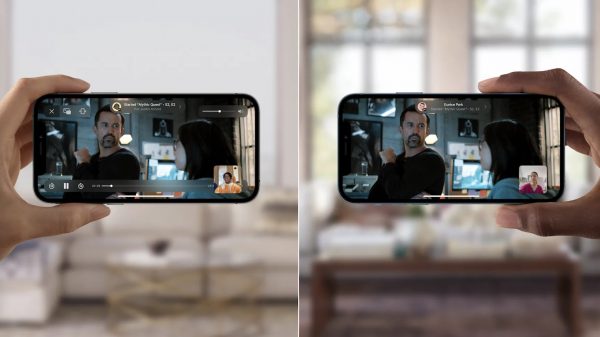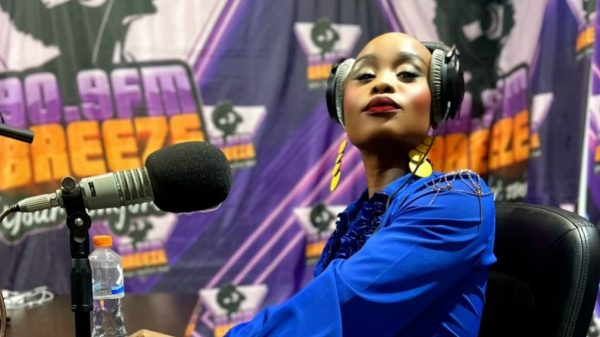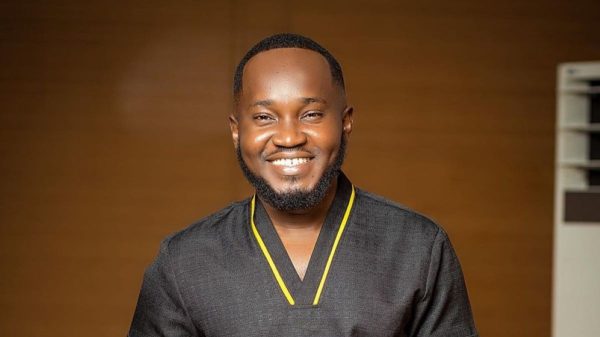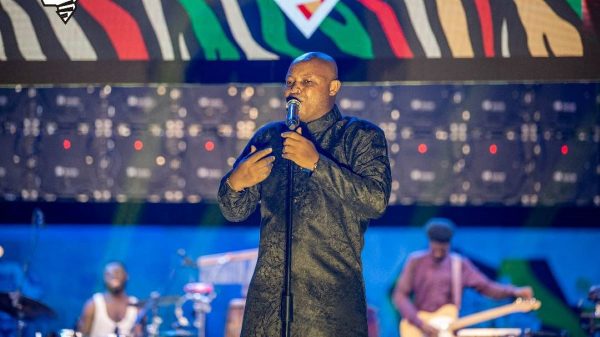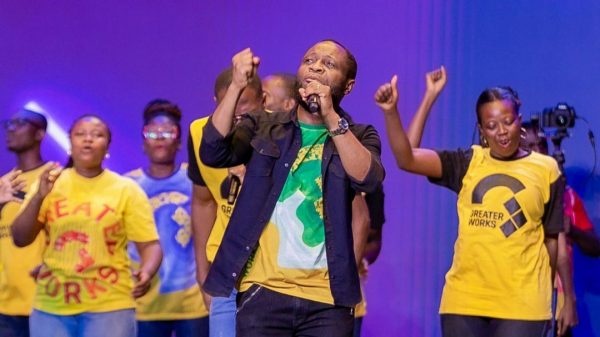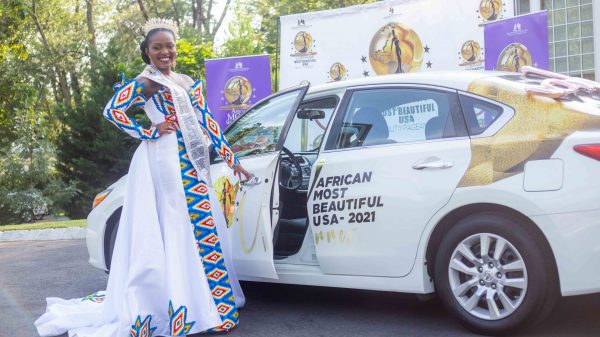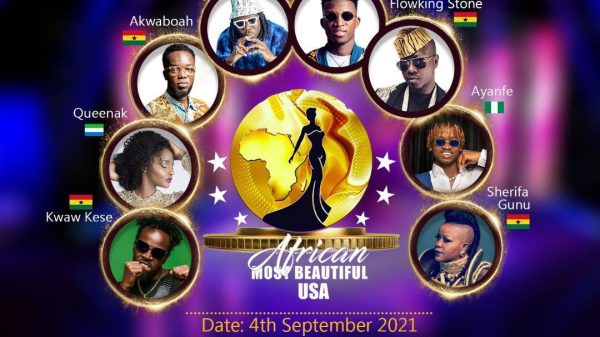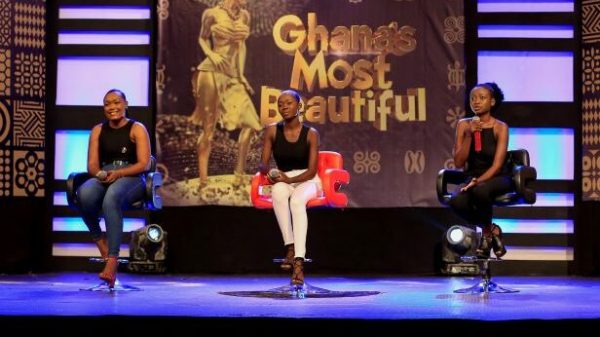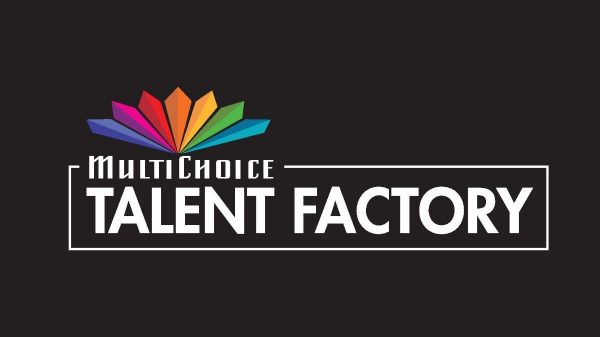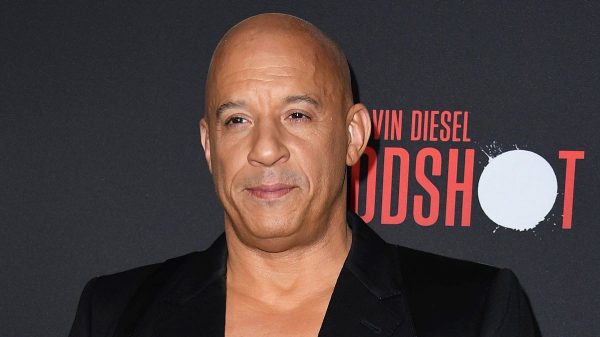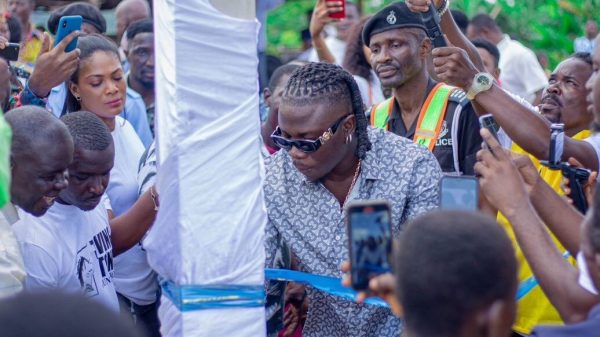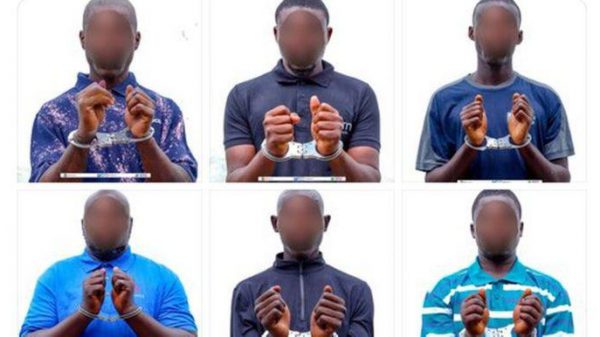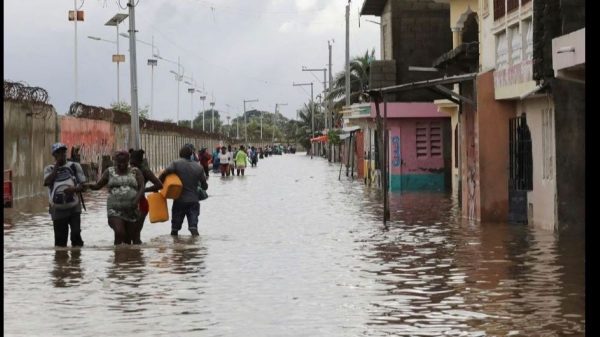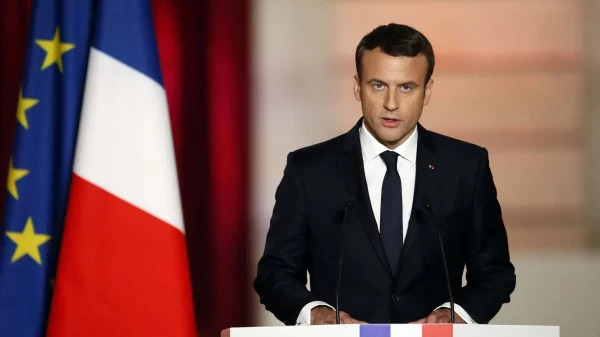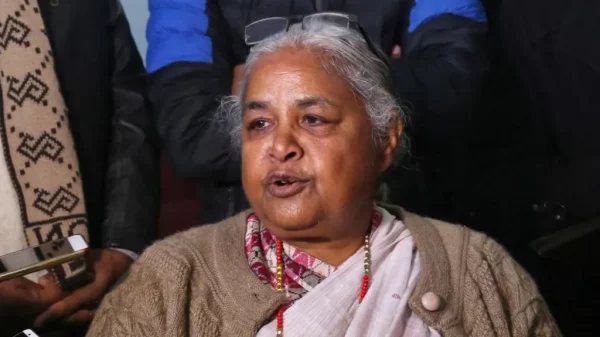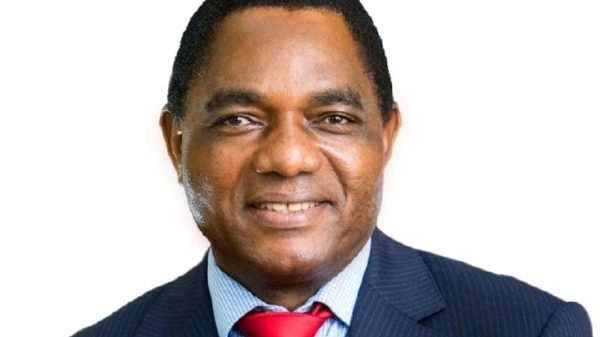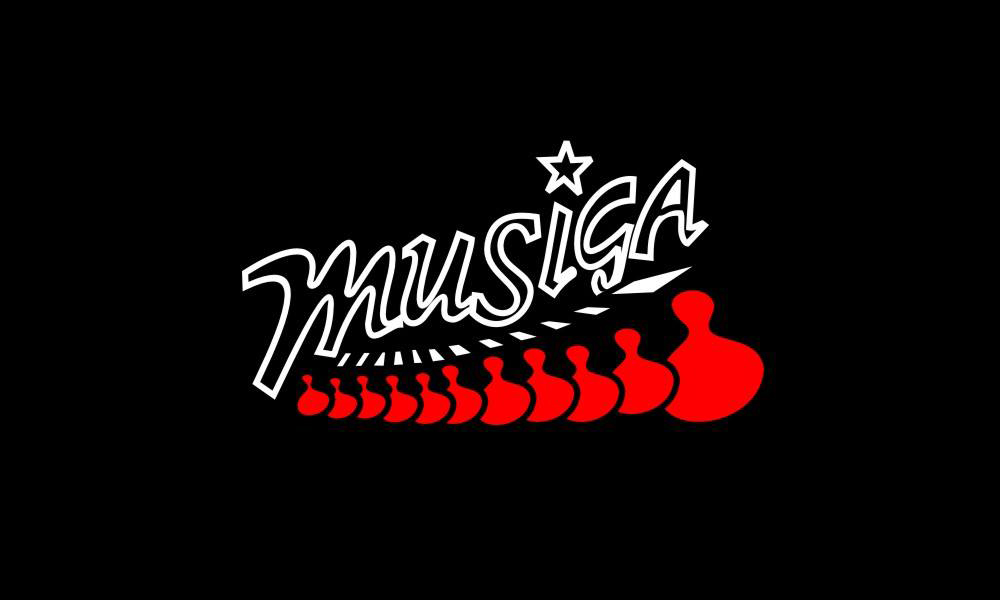The Musicians Union of Ghana (MUSIGA) has called on the Ministry of Communications to hasten its efforts to pass the Broadcasting Bill which has been in the works for some time now. According to the MUSIGA President Bice Osei Kuffour, the passage of the bill will address some of the issues concerning airplay of Ghanaian music and movies as part of promoting Ghanaian culture.
The MUSIGA President referred to a document submitted by the Film Producers Association of Ghana (FIPAG) and the Ghana Actors Guild (GAG) in September last year which highlighted issues of concern to the three organizations.
The issues include conditions such as payments of user fees to GHAMRO or ARSOG for royalties before the renewal of registrations for broadcasting operators; the definition of local content used by broadcasters and the amount of local content for broadcast which the proposal suggests should be 70% local content and 30% foreign. The document also makes recommendations on foreign content for broadcast and a clearly demarcated family belt for broadcasters during which all content to be broadcast should be Ghanaian. Other issues include the use of log books by broadcasting stations to log what they play or screen as well as the need for clearly established professional guidelines for broadcasters among others.
“The issue of foreign versus local content on our airwaves is of great concern to us as a Union and we believe it’s in our national interest to regulate the amount of local versus foreign content we play or screen on air,” Obour noted.
The issue of foreign and local content on Ghanaian airwaves has arisen again following the Zylofon Media launch in Nigeria when pundits felt our musicians were not well received. Some entertainment critics believe the situation is due to regulations in Nigeria that controls the amount of foreign music played on their airwaves whereas our airwaves are unregulated allowing for a proportionately higher amount of Nigerian music being played on our airwaves compared to how much Ghanaian music is played in Nigeria.
The Union also believes Ghanaian artistes can also employ creative means such as collaborations and targeted marketing to penetrate the Nigerian and other African markets.
THE HON. MINISTER 15TH SEPTEMBER 2017
MINISTRY OF COMMUNICATION
ACCRA
SUBJECT: PERFORMING ARTS ASSOCIATIONS VIEW ON THE DRAFT
BROADCASTING BILL
This document is a result of a meeting between the Musicians Union of Ghana (MUSIGA), Film Producers Association of Ghana (FIPAG) and the Ghana Actors Guild (GAG) to discuss the draft Broadcasting Bill. The meeting is a result of discussions representatives of the three associations had with the Deputy Minister of Communication, Hon. George Andah on August 31, 2017 at the Ministry of Communications.
A review of the entire draft bill indicates that much thought has gone into the preparation of the document. The draft bill covers a range of issues and of particular concern to the associations are issues pertaining to:
- Renewal of registrations by broadcasting operators
- Definition of local content
- Amount of local content for broadcast
- Recommendation on foreign contents
- Family Belt
- Use of Log Books
- Professional Guidelines
- The Right of the Public to complain
- Need for clearly defined headings for the bill
SUGGESTIONS
Our suggestions as highlighted above are as follows:
- Renewal of registrations by broadcasting operators.
A license from the copyright collection societies like ARSOG and GHAMRO indicating that the applicant has fulfilled their copyright obligations to the collection societies should accompany the application before it is renewed by the National Communication Authority.
- Definition of local content
Local content under clause 89 should be clearly defined. Such a definition will suffice:
”For a programme to qualify as local content, its production must have been
- made by authors, producers and workers who are Ghanaians or residing in Ghana; or,
- produced under the creative control of Ghanaians; or
- the production is supervised and controlled by a producer established in Ghana; or,
- promote and sustain Ghana’s diverse cultures, mores, folklores and community life;
- provide diversity in types of programming content for the widest audience through the
limitless variety in the cultural landscape of Ghana;
- the contribution in a co-production is not controlled by a producer based outside
Ghana; or
- the production originating from any other country is made exclusively by Ghanaians or in co-production with non-Ghanaians established in that country
2.1 Music
A Broadcaster shall ensure that for a musical work to qualify as local content, such work complies with any of the following requirements:
- lyrics written by a Ghanaian;
- music written by a Ghanaian;
- music principally performed by musicians who are Ghanaians;
- a live performance or recording of musical work, performed or broadcast in Ghana; or
- music or lyrics is co-written, co-produced or performed with Ghanaians.
2.2 Movie/Video
A Broadcaster shall ensure that for a movie to qualify as local content, it must comply with any of the following requirements:
- script written by a Ghanaian;
- soundtrack written by a Ghanaian;
- movie principally performed by actors and crew who are Ghanaians;
Music used either in audio or video forms must exhibit responsibility, good taste and decency in the choice of music, which, in any case, shall not contain lewd, profane, indecent or vulgar expressions.
- Amount of local content for broadcast
The percentage programme/content distribution on TV and Radio is not stated in the Broadcasting Bill but Article 61 demands that we refer to the Broadcasting Standards. In the Standards, it is (at least) 50% percent in favor of local content. This has to be juxtaposed with 21(b) of the Broadcasting Bill. The word used here (21(b)), is: “significant”.
We propose that “significant” should be translated into 70/30 percent (at least) in favour of local content at all times.
Furthermore, the 70 percentage local content should have at least 5% allocation for new musical talents discoveries whilst the proposed 30 percent foreign contents should have an allocation of at least 15% African music and the remaining for the rest of the world.
- Recommendations for foreign Content
Any content that does not meet the definition for local content shall be deemed foreign content. However the following considerations can be made:
4.1 Foreign content is permissible provided it content has relevance to the education,
information and entertaining of the Ghanaian citizenry.
4.2 The broadcaster shall ensure that the selection of programmes reflects the
developmental needs of Ghanaian Nation and ensure respect for Ghanaian cultural sensibilities
4.3 A broadcaster, relaying foreign programme must ensure proper acquisition of such
programmes.
- 5. Family Belt
A Broadcaster operating a Free-To-Air television service shall ensure that all programme between 7.00pm and 10.00pm, otherwise known as Family Belt are Ghanaian produced programmes suitable for family viewing.
A Broadcaster shall ensure that programmes which do not promote national values, ideals and aspirations or which promote foreign culture, violence, obscenity or vulgarism are not broadcast during the family belt.
The Nigerian Broadcasting Code is clear on local content percentage distribution. It states that a broadcaster “shall” strive to attain 100% local content. The use of the word “shall” makes it mandatory.
5b. Children & Young Persons
Children and young persons in this context are viewers and listeners aged under 18 years. This age group is vulnerable to influence. It therefore needs protection from broadcast materials likely to lead into wrong behavior.
A broadcaster shall:
(a) Not transmit a programme containing sexual or obscene material
(b) Not transmit content containing exorcism and paranormal expressional details
(c) Protect children and young persons from inferiority complex
(d) Protect the identity of children and young persons involved in crime or other negative social ills.
(e) Not to create the impression that violence is preferred or only method to resolve conflict.
(f) Not to use foul or blasphemous language
(g) Employ tact and maturity in programmes of conflict
(h) Expose children and young persons to programmes that are likely to lower their self – exteem.
(i) Devote at least 10% of total airtime to children’s programme
- Use of Log Books
For the purpose of royalties, a broadcaster must maintain an accurate log of every content it transmits and retain same for at least three months.
A broadcaster shall maintain log books to record:
- Programmes
- Music
- Advertisement & sponsorships
- Studio operations and maintenance
- Links operation and all maintenance; power supply
- Transmitter operations and maintenance
A broadcaster shall avail to the regulatory authority upon request
6b. Continuous off air Recording of Transmission
A Broadcaster shall:
- Retain for a period of not less than three months of every programme broadcast on its service
- Produce any such recording for examination on demand by the regulatory authority
Produce any script or scripts of the programme on demand by the commission
- Professional Guidelines
(a) A broadcaster shall clearly display audio visual guide or classification symbol throughout a programme
(b) All subtitles shall be professionally and accurately presented
© No Broadcast shall encourage or incite public disorder or hate, be repugnant to public, contain offensive reference to any person alive or dead or generally be disrespectful to humanity.
(d) Hate speech is prohibited
- Public’s Right to Complain & Reply
The public has a right to complain about content, therefore, a Broadcaster shall transmit at least twice a day, information on how the public can complain about its content or conduct. A right of reply is guaranteed to any person with genuine claim to misrepresentation.
8.1 A broadcaster shall as a result of a complaint, replay and :
(a) Implement the right of reply within 24 hours edition of episode of the programme or at another episode acceptable to the complainant.
(b) Give the right of reply the same prominence as the original programme and carry out.
© Other corrective actions as may be specified or prescribed by the regulatory authority.
- Need for clearly defined headings for the bill
There is the need for clearly defined headings for the bill for easy navigation of the document.
Yours Sincerely,
_______________ ________________ _______________
Bice Osei Kuffour Augustine Abbey Samuel Fiscian
President (MUSIGA) President -FIPAG President (GAG)
CC:
(a) The Honorable Minister, MOTAC, ACCRA
(b) The Hon. Deputy Minister, Ministry of Communication
(c) The Hon. Minister, Ministry of Information.



